Who should pay for the repair of a washing machine in a rented apartment?
 With all desire, it is impossible to mention and regulate all issues that may arise in everyday life in a rental contract. As for household appliances, everything is simple here, if tenants bring their own appliances into an empty apartment, but what if the washing machine is already located in the rented apartment by the time of check-in? Who should bear the costs associated with its repair?
With all desire, it is impossible to mention and regulate all issues that may arise in everyday life in a rental contract. As for household appliances, everything is simple here, if tenants bring their own appliances into an empty apartment, but what if the washing machine is already located in the rented apartment by the time of check-in? Who should bear the costs associated with its repair?
Was a contract made?
In addition to the fact that each particular case, as a rule, is not included in the contract, some landlords generally prefer to rent out housing without concluding any contract. For the dealer, this is an extremely advantageous position on many points: no need to pay tax, deal with papers, give a commission to an intermediary. However, this approach is fraught with the fact that relations between the employer and the landlord are not regulated in any way, and, accordingly, no one owes anything to anyone. And how then to find out who should pay in this situation?
But, if the owners and tenants are adequate, an oral solution to the problem between the parties is quite possible. It’s just that in the event of a conflict it will be difficult to prove anything to anyone. That is why it is better for the tenant to insist on concluding a contract, since he will benefit from this. As a rule, upon official registration, the tenant pays a deposit, which the landlord has the right to spend on fixing furniture, sanitary ware or something else if it broke due to the fault of the tenant. If the owner’s car was defective, or initially surrendered in a faulty condition, the landlord must pay for the repair! But how to understand whose fault the breakdown occurred?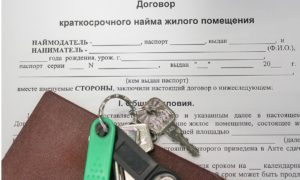
- Call the wizard. In addition to fixing it, he can determine what caused it. Maybe the tenant did not follow the rules for using the device. Or, on the contrary, the owner gave the machine for a completely new one, hiding the presence of malfunctions.
- The above method is relevant if it is really difficult to determine what caused the breakdown. There are situations when it is completely clear who is to blame for the problem. For example, tenants made a row in the apartment, turned furniture over and ruined the equipment.
Important! Likewise, the lessor is liable for the repair if any defects arise due to natural depreciation.
Why does the homeowner also benefit from the conclusion of a formal contract? Because in the event of an acute conflict with the tenant, when he is obviously to blame for the breakdown of the washing machine or some other household appliance or object, it will be easier to bring a person to material liability. After all, he can rightfully say that he does not owe anything, and, no matter how sad it may sound, he will be right. And the money saved by the lessor from paying tax will be spent on putting things in order. Is it worth it?
Negotiate “ashore”
No one disputes that there are decent tenants and honest landlords, between whom there has been no disagreement over the years, even without a contract, pledge, and other pieces of paper. But no one is safe from the fact that you can come across unreliable people. Therefore, it is better to solve the problem with the rights and obligations of the parties officially, in writing, with the introduction of passport data and signatures. Then any situation will be regulated lawfully, without the expense of nerves and extra money.
After all, if both the tenants and the owners are respectable people, it will not be difficult for them to confirm the reliability of the agreement, this will not do the weather. But it is very possible to insure yourself against people with a low level of responsibility in this way!
Interesting:
Reader Comments
- Share your opinion - leave a comment
Headings
Washing machine repair
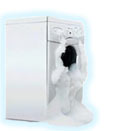

For buyers
For users

Dishwasher

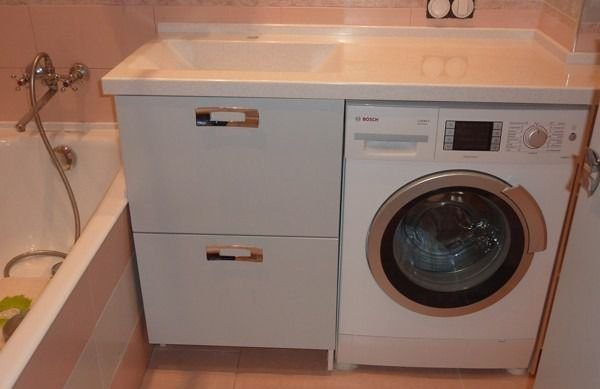
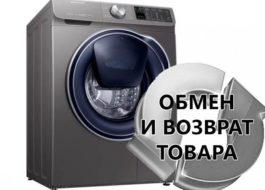


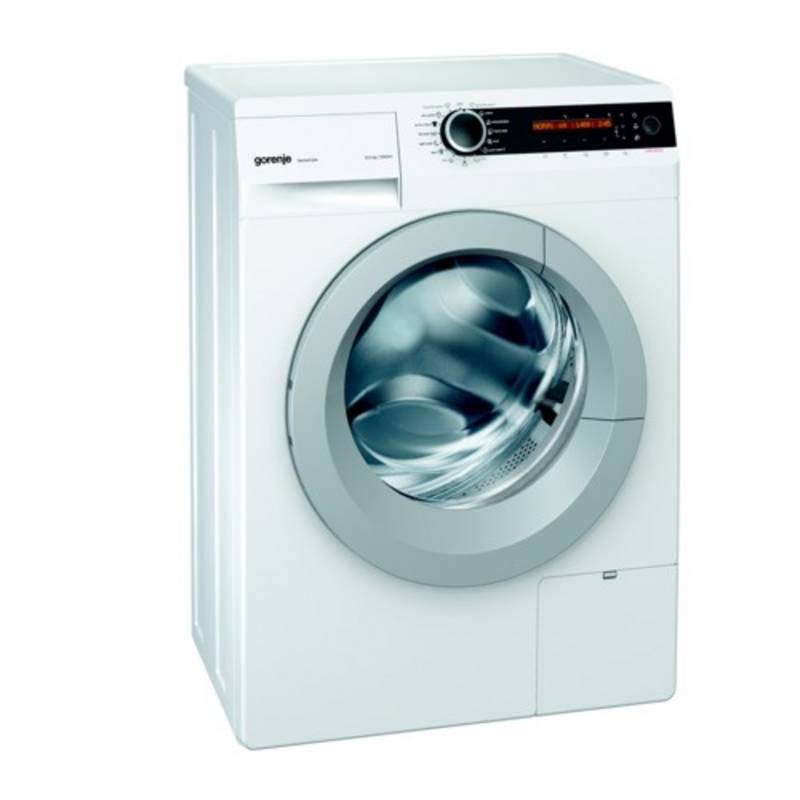

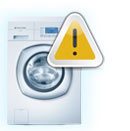
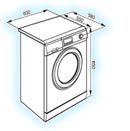
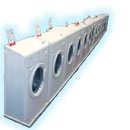
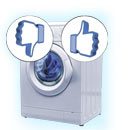
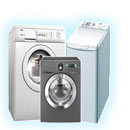


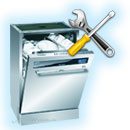
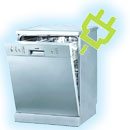


Add a comment